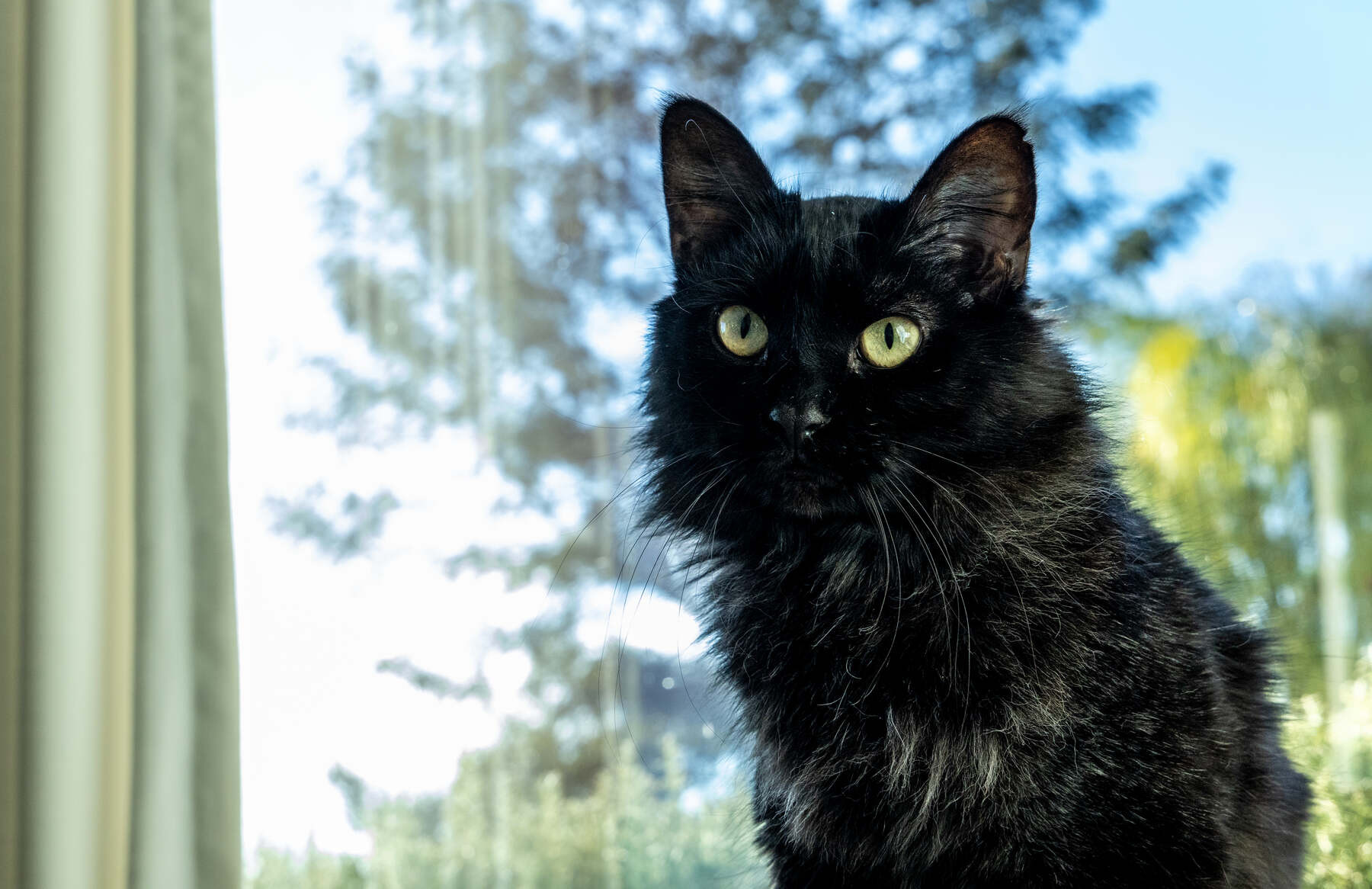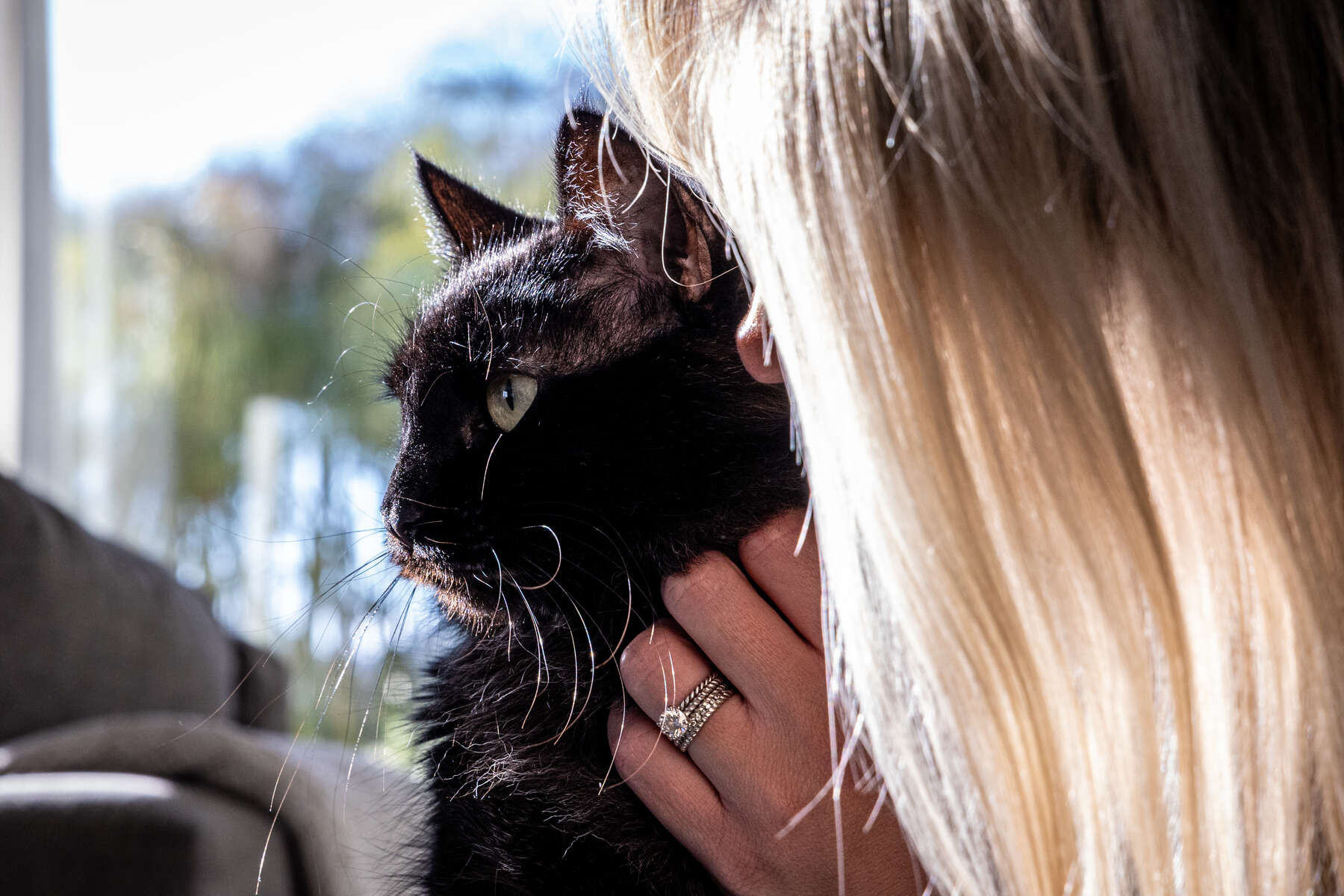Saying goodbye to a beloved cat is one of the hardest decisions a pet owner will ever face. When the time comes to consider euthanasia, alongside the emotional weight, financial concerns can add extra stress. If you’re asking “How Much Does It Cost To Euthanize A Cat?”, you’re not alone. Understanding the costs associated with cat euthanasia can help you prepare and focus on what truly matters: providing comfort and peace for your feline companion in their final moments.
The cost to euthanize a cat can vary significantly depending on several factors, including your location and the type of service you choose. Clinics in different regions will have varying price ranges. For example, in areas like San Diego, base prices for euthanasia might start around $350, while in Orange County, they could be closer to $485, as indicated by services like Paws into Grace. Residents in Temecula and Murrieta might expect to pay around $400, possibly with additional travel fees for in-home services.
To make informed choices about your cat’s end-of-life care, it’s important to understand the factors influencing these costs and what to expect during the euthanasia process.
 A black cat with bright yellow eyes sitting near a window
A black cat with bright yellow eyes sitting near a window
The Cat Euthanasia Procedure: What to Expect
The process of euthanizing a cat should always be handled by a compassionate and experienced veterinarian. Their expertise ensures the procedure is as gentle and stress-free as possible for your pet. A vet’s recommendation for euthanasia is typically based on a comprehensive assessment of your cat’s well-being, considering their diagnosis, prognosis, and physical examination findings.
The euthanasia process generally involves these steps:
- Pre-Sedation: The veterinarian usually begins with an injection under the skin. This often includes a sedative and pain medication. This premedication is crucial to ensure your cat is completely relaxed and free from anxiety before the final step.
- Comfort and Holding: You will be given the opportunity to hold and comfort your cat during this calming period. This allows for precious last moments together in a peaceful environment.
- Final Injection: The veterinarian will then administer the final injection. This medication is an overdose of anesthetic, which allows your cat to peacefully drift into a deep sleep, without pain or distress.
- Peaceful Passing: Following the final injection, your cat’s breathing and heart rate will gradually slow down, and they will pass away peacefully. The veterinarian will confirm when your cat has passed.
For in-home cat euthanasia, you can generally expect to pay between $300 and $500. However, remember that this is an estimated range, and the actual cost can fluctuate based on your specific location and the additional services you may opt for.
Key Factors Influencing the Cost of Cat Euthanasia
While the starting cost for cat euthanasia can be around $350, several factors can influence the final price. Being aware of these can help you better understand potential expenses.
1. Additional Pre-Euthanasia Services
In some cases, your veterinarian might recommend preliminary tests or examinations before proceeding with euthanasia. A physical exam, crucial for assessing your cat’s overall condition, can cost upwards of $100, depending on the clinic’s location, the type of veterinary practice (general practice versus specialty or emergency), and the veterinarian’s expertise. Emergency or specialty veterinary hospitals typically have higher consultation and service fees.
2. Cremation and Aftercare Choices
The type of aftercare you choose for your cat significantly impacts the overall cost. Cremation is a common choice, and there are two main types: communal and private cremation.
- Communal Cremation: This is generally the more affordable option. In communal cremation, your cat is cremated with other animals, and the ashes are not returned to you.
- Private or Individual Cremation: This option is more expensive, typically by around $100 or more compared to communal cremation. With individual cremation, your cat is cremated alone, and their ashes are returned to you. Often, private cremation packages include additional memorial items like a basic urn, a clay paw print, or a clipping of fur.
Choosing between communal and private cremation is a personal decision based on your preferences and budget.
3. Geographical Location
Location plays a significant role in determining the cost of veterinary services, including euthanasia. Euthanasia performed at a clinic might seem slightly less expensive upfront, but it may lack the comfort and privacy of your home environment, which can be especially valuable during such a sensitive time.
In-home euthanasia services offer the benefit of comfort and privacy in your own home. However, fees for in-home services can vary based on factors like the density of your area and the distance the veterinarian needs to travel. Emergency or after-hours services will also typically incur additional charges due to the urgent and often less convenient timing.
Urban areas generally have higher costs compared to rural areas. This is often attributed to higher overhead costs for practices in urban locations, increased traffic, parking challenges, and the logistics of navigating apartment buildings for house calls.
4. Memorial Keepsakes and Add-ons
Following cremation, many pet owners find comfort in memorial items to honor their cat’s memory. These can include a range of options, such as:
- Cremation Jewelry: Jewelry designed to hold a small portion of your cat’s ashes.
- Glass Art: Decorative glass beads or globes infused with a swirl of your pet’s ashes.
- Shadow Boxes: Frames designed to display your cat’s photo and other small mementos.
- Custom Urns: Engraved or personalized urns to hold your cat’s ashes.
These memorial items are optional upgrades and will add to the overall cost of the euthanasia and aftercare services.
Basic memorial services, like paw prints, fur clippings, or simple urns, can add anywhere from $50 to $200 or more to the total cost. Individual cremation packages often include a standard urn (cedar, acacia, or biodegradable) and a clay paw print, with the overall cost for individual cremation potentially starting around $250. Communal cremation is less expensive as the ashes are respectfully scattered at sea or another designated location without return to the owner.
Pet burial is another option to consider. Home burial may be restricted by local regulations, but pet cemeteries offer a dedicated final resting place. Cemetery plots and burial services can range from $800 to $1,000 or even more, depending on the cemetery and chosen options.
 A woman gently pets a black cat
A woman gently pets a black cat
Factors That Typically Do Not Affect Euthanasia Costs
You might wonder if your cat’s specific characteristics, such as health status, age, or size, influence the cost of euthanasia. Generally, the answer is no.
1. Cat’s Health Condition
In most situations, your cat’s current health status does not change the base cost of euthanasia. However, if your cat’s health is rapidly declining, considering euthanasia sooner rather than later might help you avoid a potentially more expensive emergency vet visit. Emergency euthanasia services can indeed come with higher fees.
2. Age of the Cat
The age of your cat, in itself, typically does not directly impact the price of euthanasia. While older cats may have more complex health issues that necessitate a higher level of overall care, this complexity usually doesn’t translate into a price increase for the euthanasia procedure itself. The focus remains on providing compassionate and peaceful end-of-life care regardless of age.
3. Size of the Cat
For cats, size is generally not a factor in euthanasia costs. Most cats fall within a relatively similar weight range, and the standard euthanasia procedure is consistent across these sizes. Euthanasia costs for cats are usually based on the service provided, not the animal’s size.
However, for larger animals like dogs, especially those over 100 pounds, costs might be slightly higher. This is due to the increased medication dosage and resources needed for the procedure. For cats, the process is usually straightforward and priced accordingly.
Tips for Managing Cat Euthanasia and Cremation Costs
Losing a cat is emotionally challenging, and financial worries should be minimized during this time. Here are some tips to help manage the costs:
- Pet Insurance: Investing in pet insurance early in your cat’s life can be beneficial for managing unexpected veterinary expenses, including end-of-life care. Some pet insurance policies cover euthanasia and cremation costs. Review your policy to understand the specifics of your coverage.
- Insurance Coverage for Cremation: Check if your pet insurance policy extends to cover private cremation. Coverage for end-of-life expenses can vary widely among policies and providers.
- Veterinary Teaching Hospitals: Contact veterinary teaching hospitals in your area. They may offer lower-cost services or even free services if you are willing to donate your pet’s remains for educational purposes for veterinary students.
- Communal Cremation: If cost is a significant concern, opting for communal cremation is a more affordable choice. While you won’t receive your cat’s ashes back, you can find comfort in knowing their remains are treated respectfully. Some services, like Paws into Grace, even provide images and details of communal scattering ceremonies.
Ultimately, regardless of budget constraints, every cat deserves a peaceful and dignified passing. Focus on spending quality time with your cat in their final days and moments, prioritizing their comfort and well-being.
Additional Considerations for End-of-Life Care
As your cat ages, regularly assessing their quality of life becomes increasingly important. Utilize online resources and consult with your veterinarian to help guide you in this process. Senior cats are more prone to developing illnesses and conditions that can lead to veterinary emergencies. Being proactive about your cat’s health and well-being, and having open conversations with your vet about end-of-life planning, is a responsible part of pet ownership.
Common Questions About Cat Euthanasia Costs
How Much Does it Cost to Euthanize a Cat at a Vet Clinic?
Basic euthanasia at a veterinary clinic can range from approximately $100 to $300. This price may or may not include aftercare services like cremation. Always clarify what is included in the quoted price when discussing euthanasia at a traditional vet hospital.
When Will a Veterinarian Recommend Euthanasia for a Cat?
Veterinarians recommend euthanasia when a cat is suffering from a terminal illness with no reasonable chance of recovery, or when their quality of life is severely compromised due to age, chronic pain, or debilitating disease. The decision is based on factors like the cat’s pain level, overall quality of life, and the likely progression of their condition.
What Options Exist if I Cannot Afford Cat Euthanasia?
If you are facing financial hardship and cannot afford the cost of euthanasia, numerous resources are available. Many animal shelters, humane societies, and some veterinary clinics offer financial assistance programs or payment plans for pet owners in need. Additionally, some organizations provide low-cost euthanasia services or can connect you with resources for financial aid and pet insurance options. Don’t hesitate to reach out to local shelters and rescue organizations to inquire about available programs.
Is it Possible for a Cat to Wake Up After Euthanasia?
No, it is not possible for a cat to wake up after proper euthanasia. The medications used are specifically designed to stop the heart and brain function permanently. Veterinarians use a high dosage of anesthetic and sedative and follow strict protocols to ensure a peaceful and irreversible passing. After administering the medication, the vet will always confirm the absence of a heartbeat to ensure your pet has passed.
Conclusion: Making Informed Decisions About Cat Euthanasia Costs
Understanding “how much does it cost to euthanize a cat” is an essential part of responsible pet ownership. By being informed about the potential costs associated with cat euthanasia and aftercare, you can make well-considered decisions without the added stress of financial uncertainty during an already emotionally difficult time. Discussing these costs with your veterinarian or a dedicated end-of-life service provider beforehand allows you to focus on cherishing your final moments with your beloved cat and ensuring their comfort and peace.
